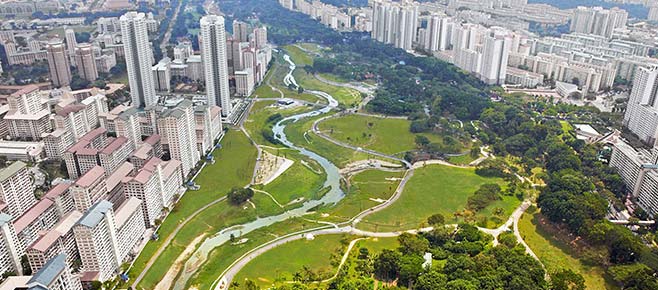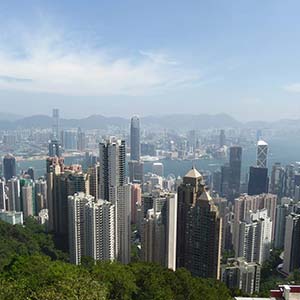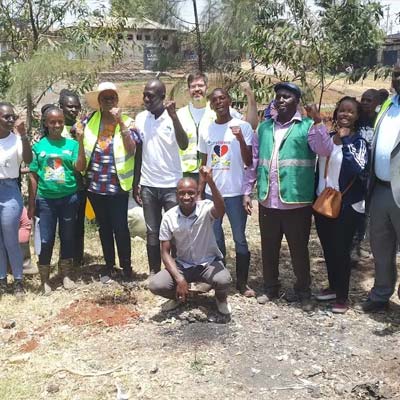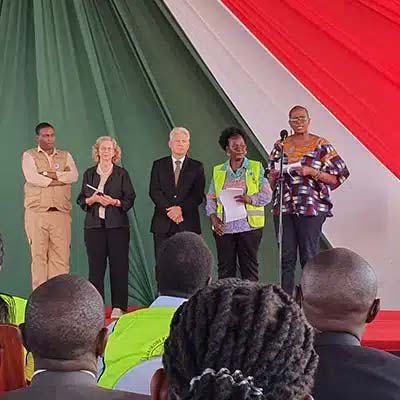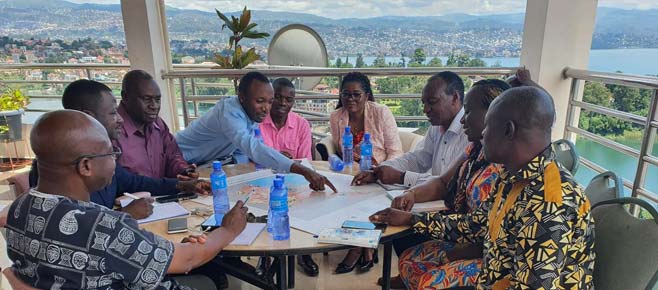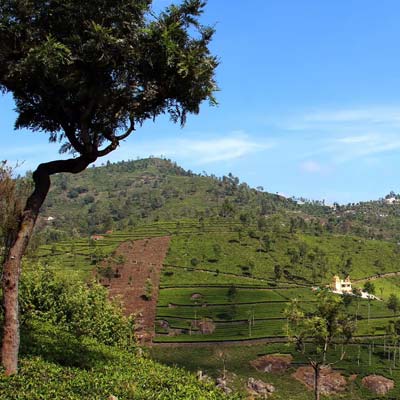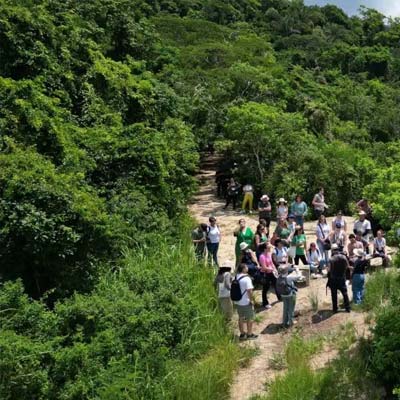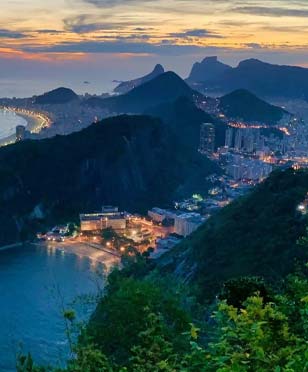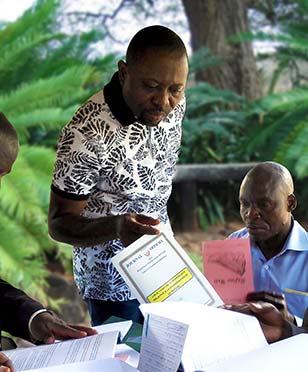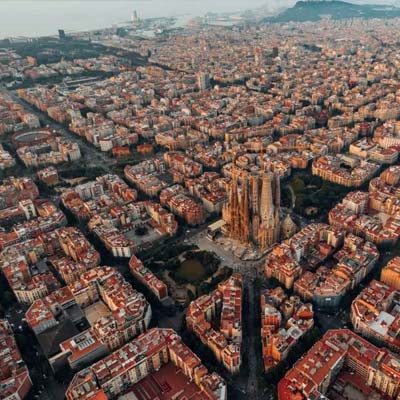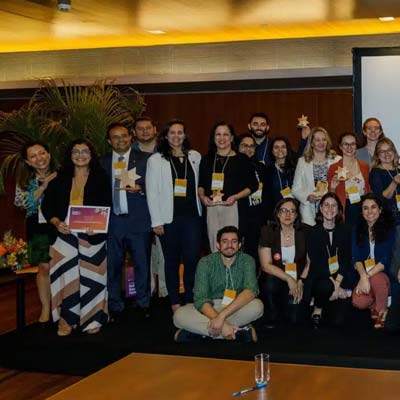BMC to set up urban farms at 250 schools; organic veggies to be used in midday meals
This will be along the lines of two successful organic farming projects that have been established at the Mumbai Public School in Collector’s Colony, Chembur, and the Scouts and Guides District Centre, in Powai
Mumbai: In an effort to promote rooftop vegetable gardening and include its fresh produce in the midday meals, the Brihanmumbai Municipal Corporation (BMC) has planned to set up ‘urban rooftop farms’ at 250 of its public schools over the next year.
This will be along the lines of two successful organic farming projects that have been established at the Mumbai Public School in Collector’s Colony, Chembur, and the Scouts and Guides District Centre, in Powai.
Ajit Kumbhar, joint municipal commissioner (education and vigilance), said, “We launched these two pilots last year in collaboration with World Resources Institute India, and some private players, to assess their feasibility. Since these projects have been successful, we are going to expand urban farming to more than half of the 450 school buildings BMC owns.
The ‘City Gardening Project’ should be able to grow enough vegetables to include in midday meals for students in these schools. We are exploring multiple options including portable farms, vertical farms, and also looking at ways for optimising water use in them.”
The two pilot projects in Chembur and Powai were the result of a ‘nature-based solutions accelerator’ program incepted by WRI India and the BMC pursuant to the latter’s engagement with the global Cities4Forest initiative. In July 2021, Mumbai became the 70th city globally and the third in India to join the Cities4Forests alliance, which helps cities around the world protect and protect and conserve trees, urban parks and forests.
“The NBS-Accelerator was envisioned as a means to allow urban local bodies like our own BMC to access climate finance. We often hear of billions of dollars of green capital being available to developing countries but local bodies themselves do not have access to it. Mumbai’s participation in the Cities4Forests alliance was initiated during my tenure as environment minister and we are glad to see it come to fruition. Hopefully it will encourage many more such green investments at a city level,” said Aaditya Thackeray, former environment minister, Maharashtra.
“One method of regreening the city is through urban rooftop farming. We launched the CityFixLabsIndia NBS-Acclerator program in February 2022, equipped with all the research we had undertaken for the Mumbai Climate Action Plan. After sifting through applications from 90 companies, the BMC settled on using portable farming units in Chembur and a more conventional setup at the Scouts and Guides Centre in Powai. Around 16 students and 6 teachers have been trained at the Chembur school, while in Powai the gardening staff has been trained to tend to the farm. The idea is to set up such facilities in the most vulnerable locations in the city,” said Harshil Suresh from WRI India.
Other nature-based solutions stemming from this accelerator, are being implemented at other educational institutions in Mumbai. For example, a vermiculture-based sewage treatment plant at Mumbai University, and a natural stream rejuvenation project at IIT-Bombay.
WRI India, which partnered with the BMC on the MCAP, has recommended a few key actions for the BMC as it plans to scale up its urban farming initiative, including creating a standard operating procedure to review the safety requirements and approvals for rooftop implementation and establishing processes to monitor the progress and outcomes of the initiatives; providing resources to the schools including a permanent gardener and budgets for the provision of seeds, saplings, organic fertilizers and so on; integrating urban farming and climate change within the school curriculum, and providing incentives (such as prizes) to students and teachers involved in the maintenance of the farms.
